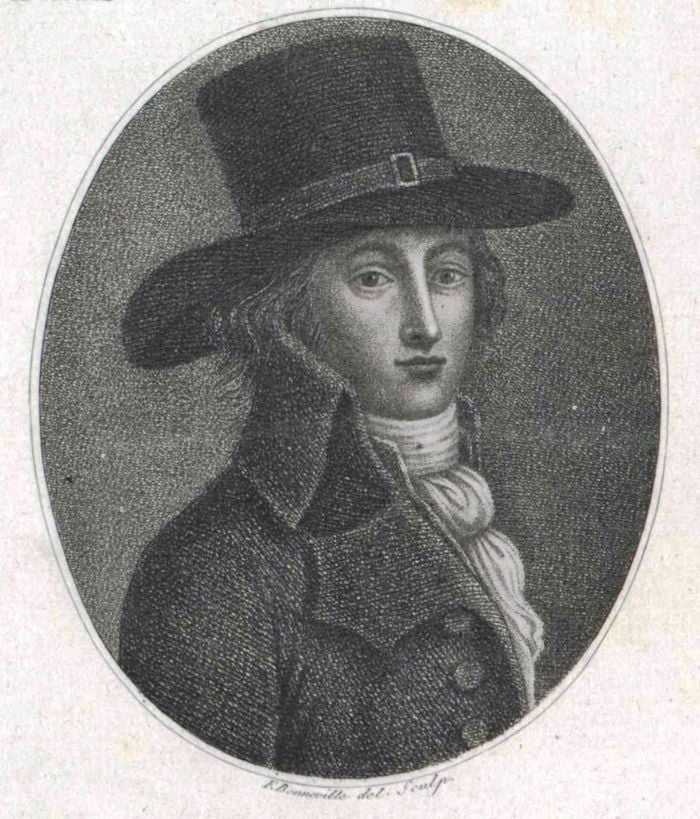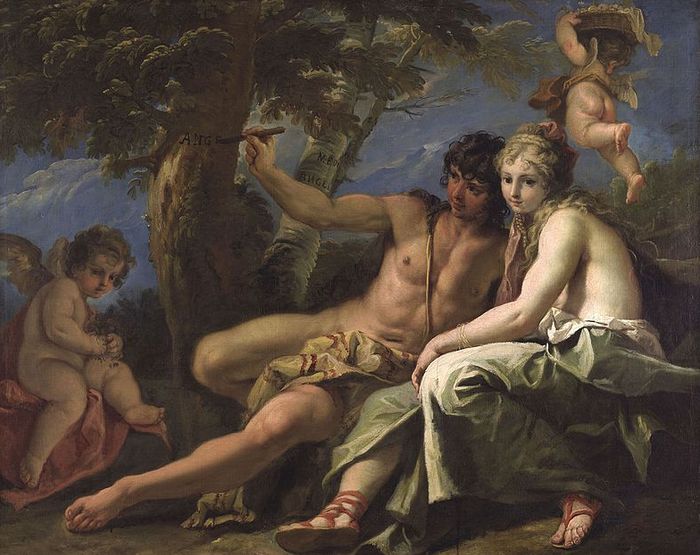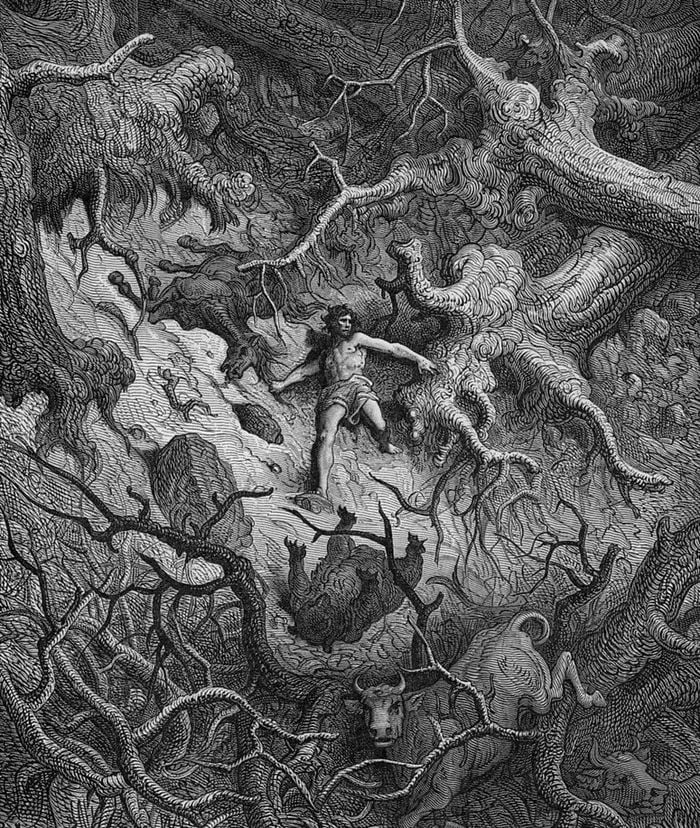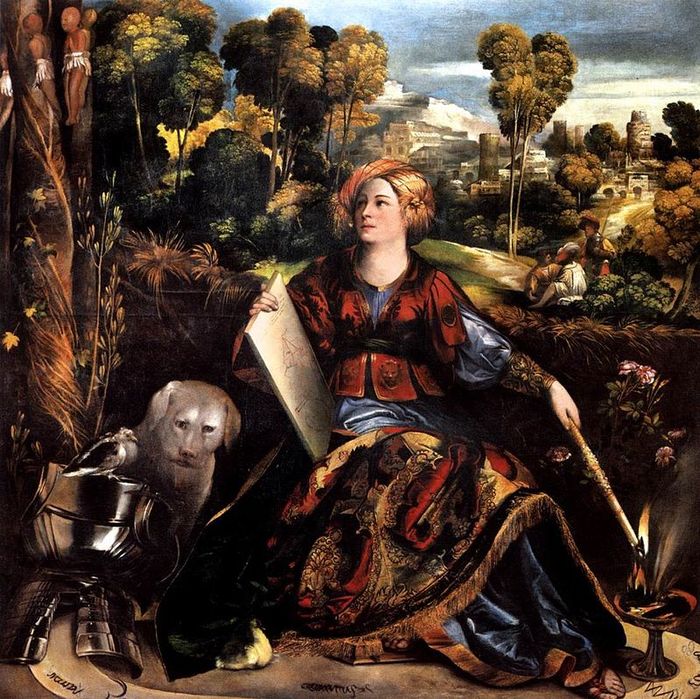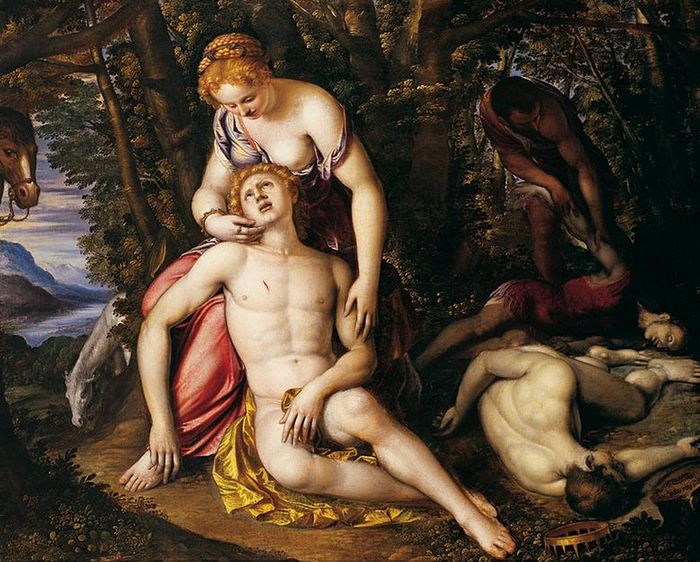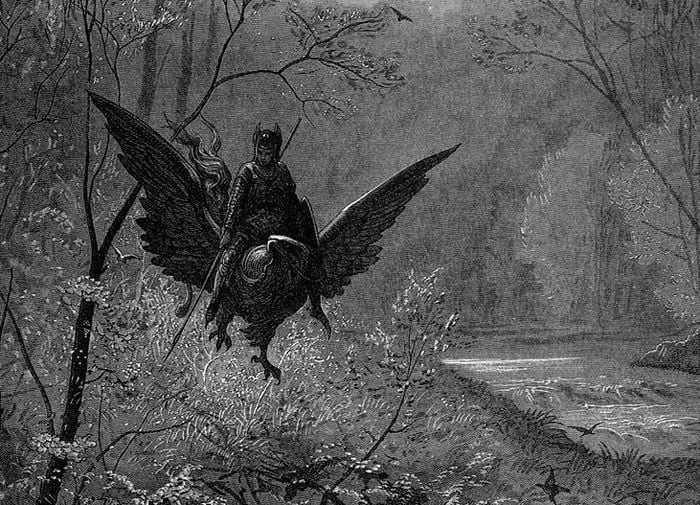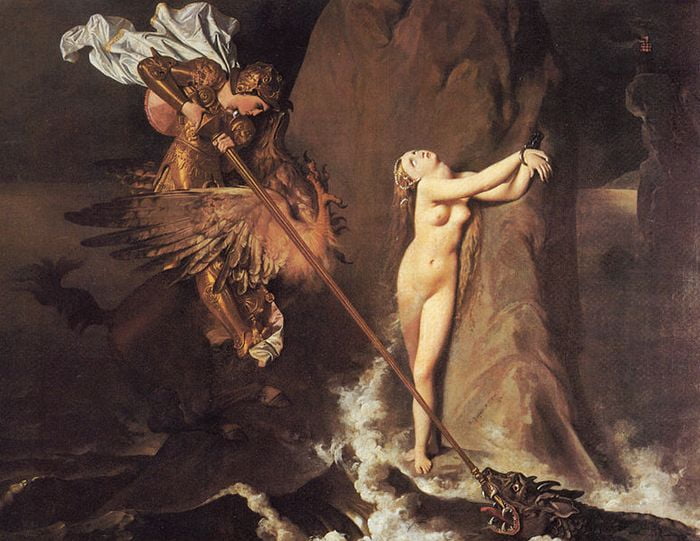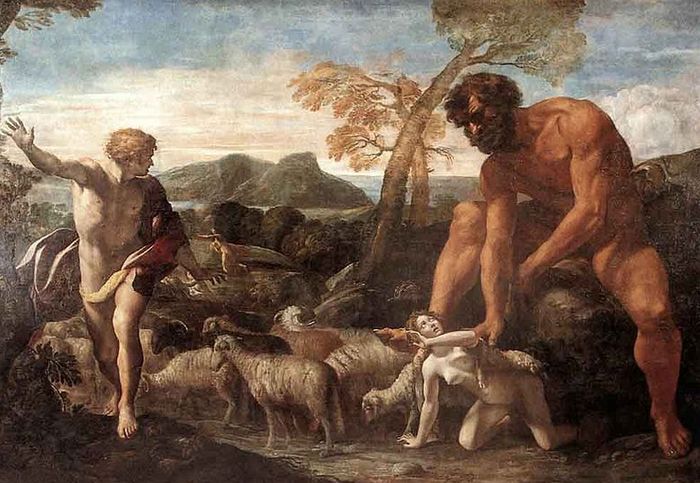Lausus and Lydia – J. F. Marmontel (1723-1799)
Marmontel, born in the Limousin of artisan parents, came early into popular esteem, and, when only a boy, was awarded several prizes for poetry. He wrote to Voltaire, who thought his verses showed an aptitude for finance, and got him a position in Paris. There until the eve of the Revolution he lived a happy and prosperous life.
He wrote plays, verses, romances, tales, literary criticism. Popular at court, protected by powerful nobles, he enjoyed the society of the philosophers and writers of his time. His Moral Tales, from which Lausus and Lydia is taken, were widely read throughout Europe. Amusing as it may seem, Lausus and Lydia was considered a very pathetic story in it? day. It does, however, possess merits of clarity and skilful construction. It may be considered a good example of a much-practised type of story in vogue in the Eighteenth Century, in which the author employs a foreign background—often of some imaginary Oriental land—for the purpose of exemplifying a moral or philosophical point.
Lausus and Lydia – The present version is reprinted from Moral Tales by M. Marmontel, translated by C. Dennis and R. Lloyd, London, 1771.
Lausus and Lydia
(From the Moral Tales)
The character of Mezentius, King of Tyrrhene, is well known. A bad prince and a good father, cruel and tender by turns. He had nothing of the tyrant, nothing that showed violence as long as his de-sires knew no obstacle; but the calm of this haughty soul was the repose of a lion.
Mezentius had a son named Lausus, whose valor and beauty ren¬dered him famous among the young heroes of Italy. Lausus had attended Mezentius in the war against the King of Praeneste. His father, at the very summit of joy, saw him, covered with blood, fight¬ing and vanquishing by his side. The King of Praeneste, driven out of his territories and seeking safety in flight, had left in the hands of the conqueror a treasure more precious than his crown, a princess at that age wherein the heart has only the virtues of nature, and nature has all the charms of innocence and beauty.
